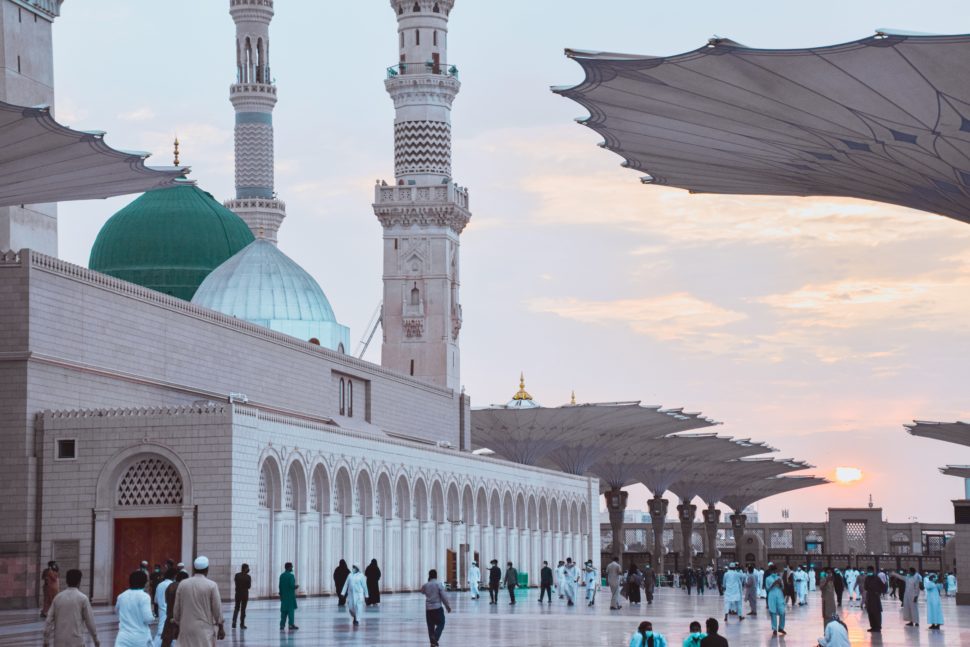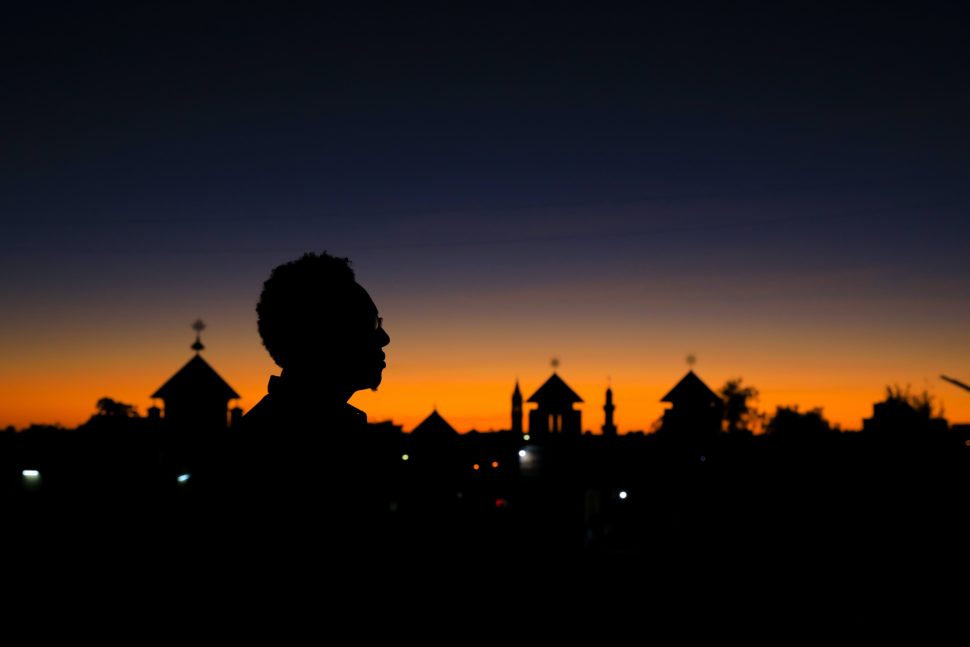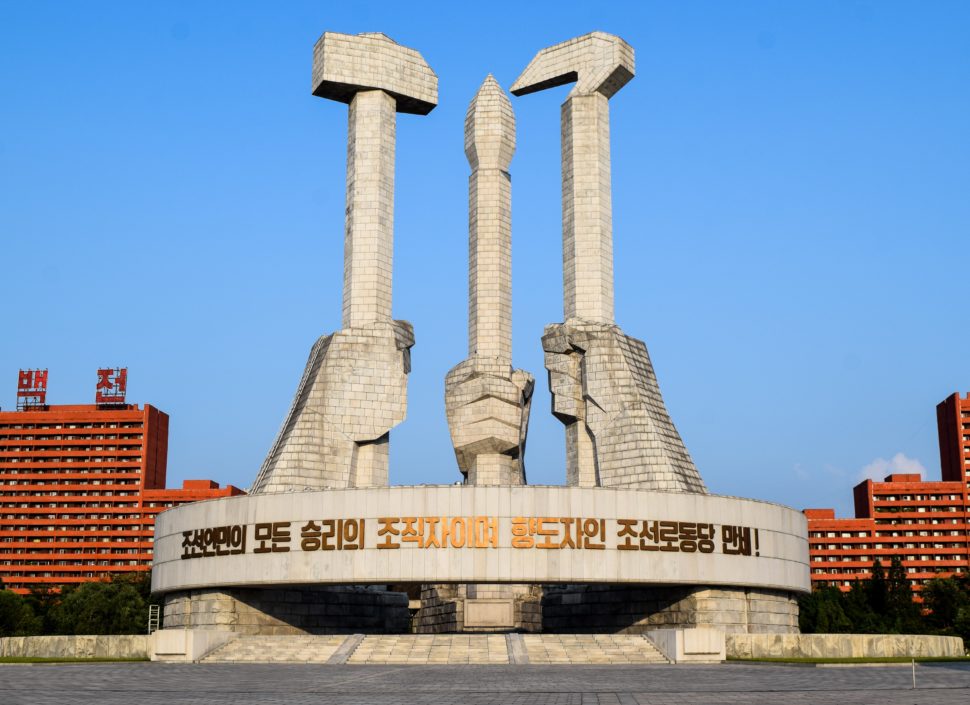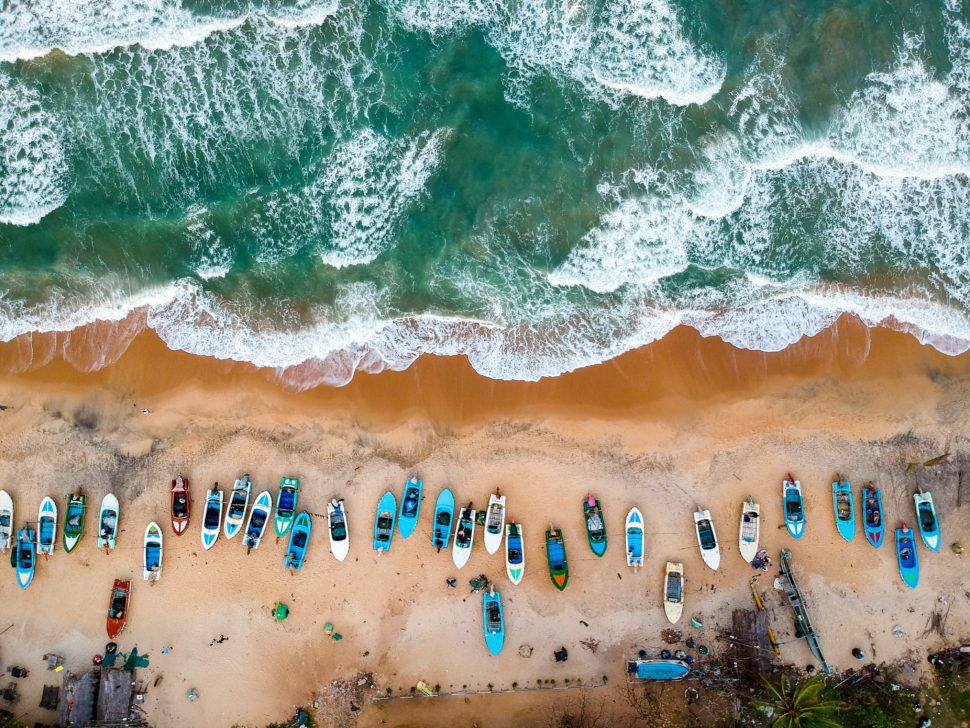Every place around the world has its own ideas of what is or isn’t socially acceptable. When traveling it’s important to keep in mind some of the strict cultural rules in each place that you visit.
You may smoke and put your feet up on the furniture at home, but can you do this elsewhere? You’d be surprised how some things that you do at home can be frowned upon when you are overseas.
The consequences for doing certain things can vary. On the less severe end of the spectrum, you might get disapproving looks from locals for talking too loudly. In France and Switzerland, small talk between strangers goes against the norm, so remember to keep your voice down. Singapore and Japan are known for prioritizing cleanliness, so you definitely don’t want to litter there.
On the more extreme end are fines, jail time, and in rare cases, death. In 2015, two American tourists were punished for carving their initials into the Colosseum in Rome. They claimed they didn’t realize their actions were such a big deal. Countries, like Malaysia, Vietnam and Saudi Arabia, are not to be crossed when it comes to intoxication and drug use.
It is important to be aware of the social and cultural climate of the place that you are traveling to, so here are five places that you should be aware of with strict cultural rules.
United Arab Emirates — World Famous For Strict Cultural Rules

This federation of states is chock full of contradictions. You’ll find stunning wealth and poverty side by side.
According to BBC, “although traditionally conservative and authoritarian in government, the UAE is one of the most liberal countries in the Gulf, with other cultures and beliefs generally tolerated.”
If you decide to go here with your romantic partner, save the displays of affection for the hotel room or some other private space. It may be hard to fathom because of how western culture operates, but even holding hands is frown upon by society.
Saudi Arabia

If you’re a woman, modesty is the name of the game in Saudi Arabia.
“Saudi Arabia’s decency laws expect women to refrain from wearing tight clothes, dancing and ‘inappropriate behavior,’” Anja Grčar wrote in her article on The Travel.
Women in Saudi Arabia often struggle as they are not always sure what is legal and what isn’t. Try to be mindful of their culture and ladies, keep a low profile.
Eritrea

This northeast African country probably isn’t on the “to-visit” list for most. However, if you do find yourself here, The Travel urges caution and awareness, especially if you don’t practice Christianity or Islam.
If you find yourself traveling to Eritrea, it is important to be careful. Religions outside of Islam and Christianity are typically frowned on here.
North Korea — Unsurprisingly, They Have Strict Cultural Rules

This very strict, authoritarian country does not play. If you are unfamiliar with the story of Otto Warmbier, authorities arrested him for trying to steal a propaganda poster from a North Korean hotel in 2017. His story didn’t end well.
You’ll see photos and statues of the present leader, Kim Jung Un, and his predecessors all over the place.
“The Kim family statues remain objects of mandatory pilgrimage, especially on public holidays,” Andrei Lankov wrote in an article on NK News. “In an interesting twist, after the ascent of Kim Jong Un, foreign visitors cannot just approach the statues and take some photos. They have to pass through the same semi-religious ceremony which has long been obligatory for the locals.”
If this sounds strange and cult-like to you, South Korea might be a better option.
Sri Lanka

If you’re a member of the LGBTQ+ community, Sri Lanka is not the place for you.
Recently, the UN Committee on the Elimination of Discrimination Against Women announced that Sri Lanka violated the rights of a lesbian activist who experienced discrimination, threats and abuse, due to the country’s Penal Code that criminalizes same-sex activity. Gender expression outside of the binary is also criminalized.
You can thank Britain for much of this.
Human Dignity Trust reported that the 1883 Penal Code was inherited from the British during the colonial period, and Sri Lanka retained the law upon independence. Now, although free from British control, Sri Lanka continues to criminalize same-sex sexual activity.





